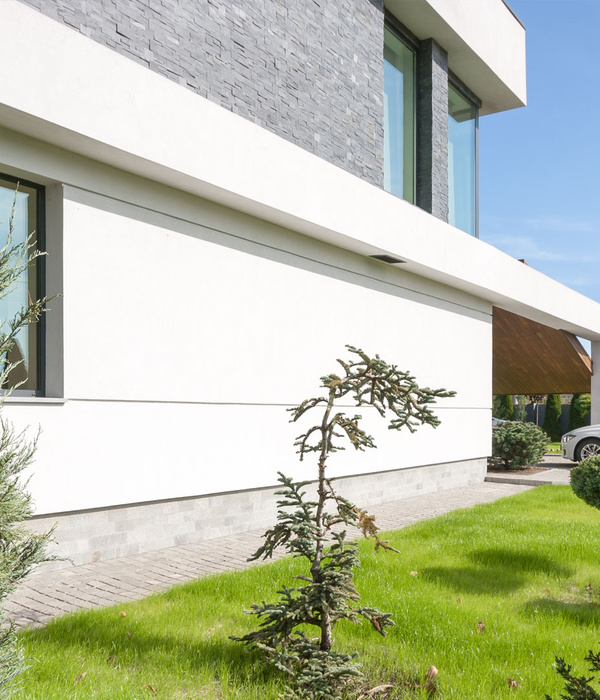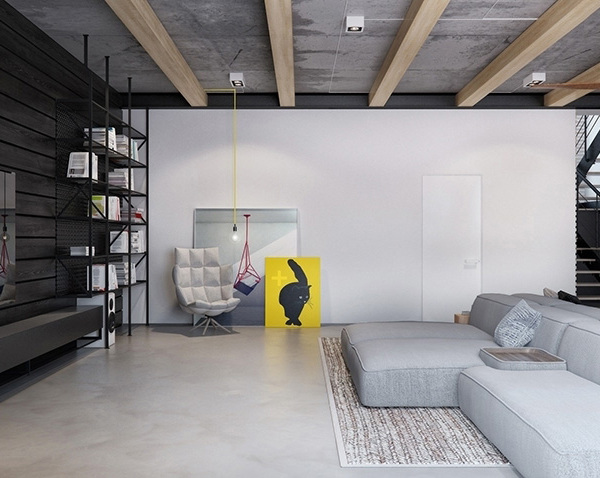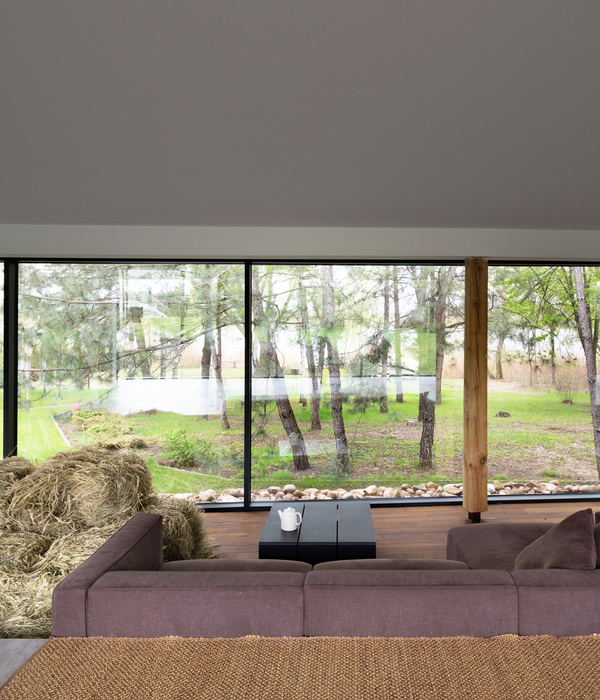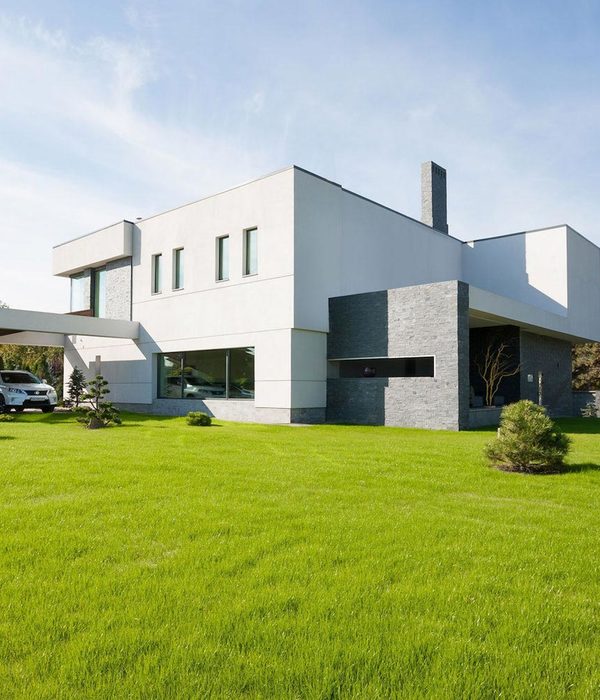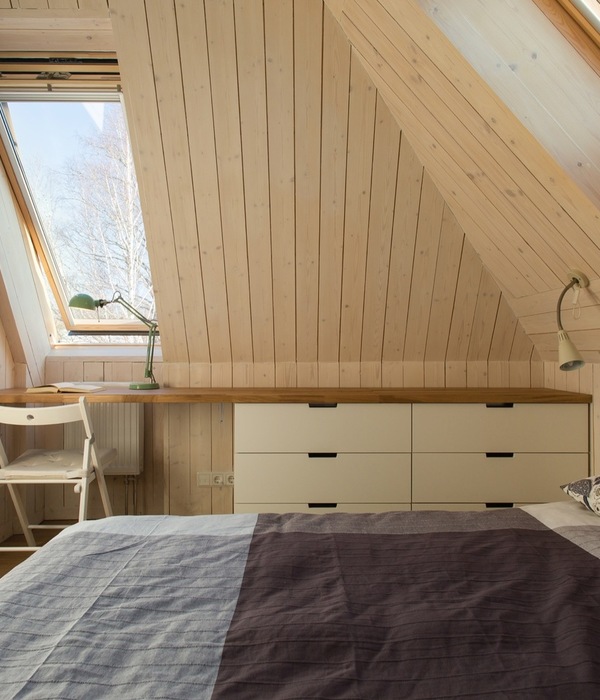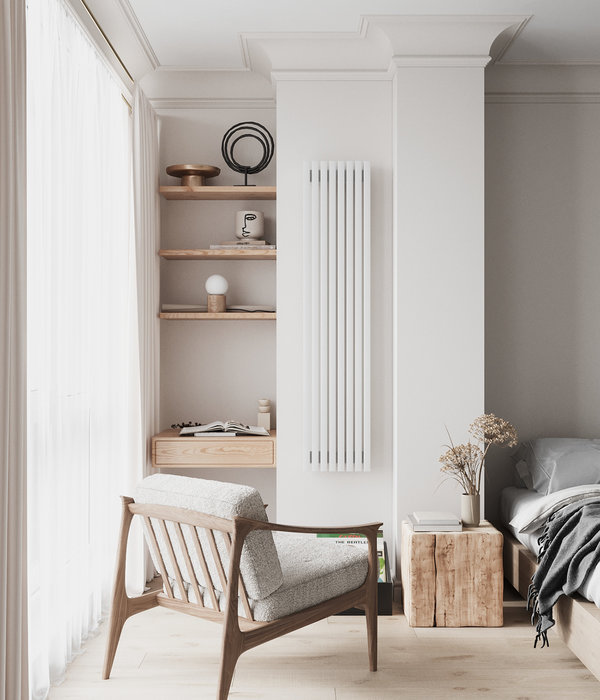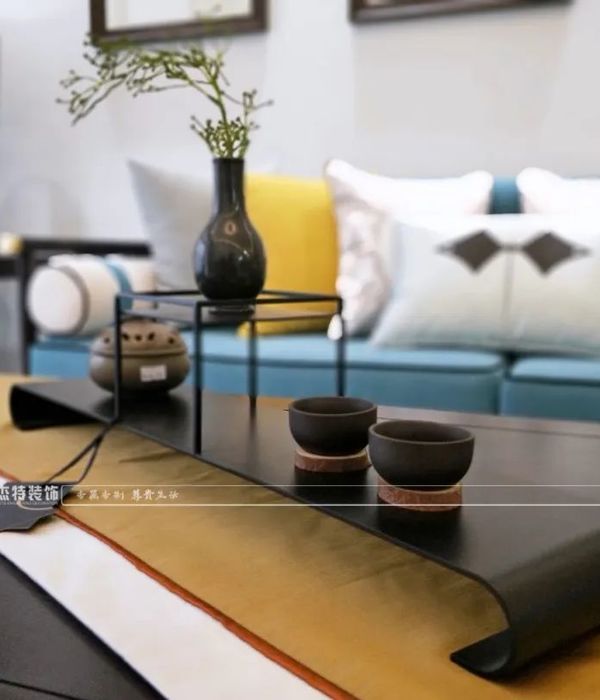The key challenges for this project lay in adapting the existing fabric with the contemporary addition towards the rear. Influenced by the Arts and Crafts Movement, the original design is an exemplar of Bungalow architecture, which was highly popular during the early 20th century. Wanting to pay homage to the heritage and integrity of the existing residence, the design is influenced by the components and principles of Bungalow Architecture, characterized by a strong horizontal link between house and land, the use of long lines, soft flowing arches, and balanced proportions, yet reimagined to reflect the challenges of contemporary living.
Residing on Coburg’s most exclusive boulevard, the addition disguises itself behind the original silhouette, lost in the ambiance of its enfolded tree-lined street… an urban forest of Melbourne’s Inner North. Motivated by adaptable living, the design is both flexible and vast in its experience; with elegant interiors, magnificent leadlight windows, ornate ceilings, fretwork, and hardwood floors, the home is entrenched in traditional detailing, contemporized to reflect an idyllic amalgamation of time and place. The synergy between old and new is further strengthened through the use of a neutral and illuminating palette coupled with moveable glazing designed to facilitate a flow of movement into the surrounding landscape.
Growing up in an intimate household, the client was motivated by traditional family values. With passive areas of retreat and openness generated from the added volume, movement is drawn towards the rear, creating the perfect space for entertainment and connectedness. Blurring the boundary between indoor/outdoor living, the user is free to passively ebb and flow between the two. The new spaces witness an innovative shared living, dining, and kitchen area, resembling a new hearth for the home.
{{item.text_origin}}



